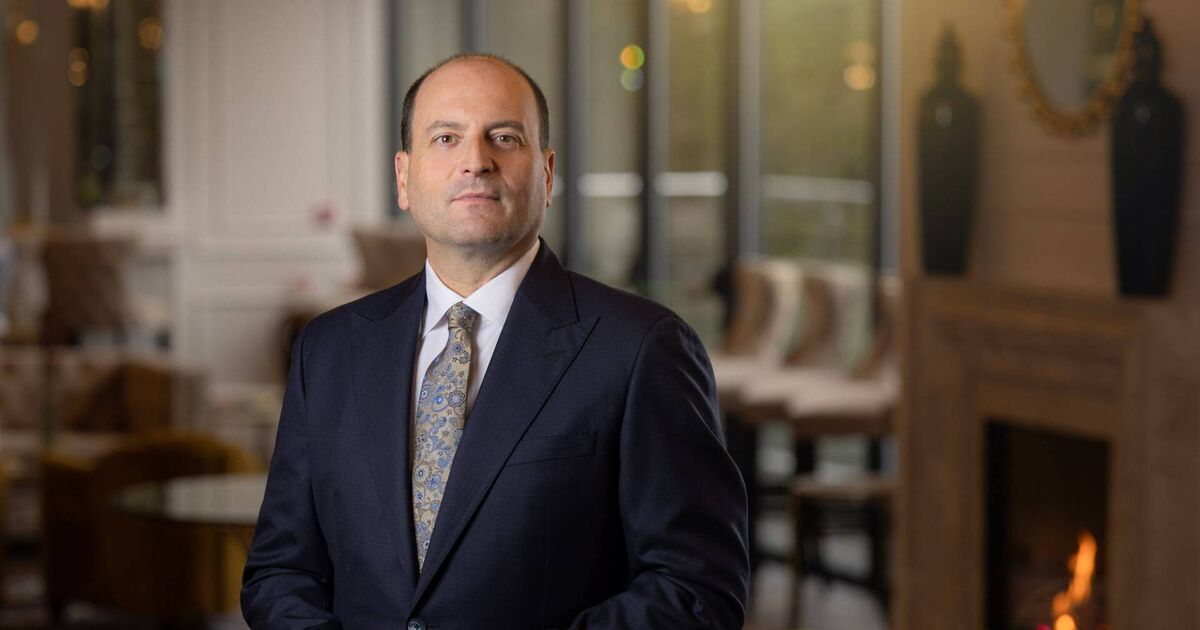A 70% increase in the Vat rate for renting rooms for functions could cost individual hotels €25,000 next year, as a Cork hotelier has criticised the measure which he said was “buried” in the finance bill and has “blindsided” hoteliers.
Independent Ireland TD Michael Collins raised the issue in the Dáil this week.
“Disturbingly, buried in the recent budget is a significant, large, unannounced measure, whereby the Vat rate on room hire, excluding hotel and guesthouse bedrooms, will increase from 13.5% to 23% on January 1,” Mr Collins said.
“To offset this, it would need to generate more than €120,000 additional gross revenue next year — a near-impossible target in the current climate.
“These establishments are not only commercial entities. They are pillars of their communities that support local events, charities, and even political activities.
“Such hidden changes erode trust, and fuel frustration among the electorate,” Mr Collins said.
Michael Magner, president of the Irish Hotel Federation and owner of the Vienna Woods hotel in Cork, told : “When we received a copy of the finance bill, we did our due diligence to ensure the commitment to reduce the Vat rate from 13.5% to 9% for food businesses was included.
Mr Magner said hoteliers believe many elected members were not aware of this as it was “buried within the belly of the finance bill”, adding that amid other cost increases such as minimum wage and pension auto-enrolment, as well as high energy costs, this will be a strain many businesses could not absorb.
“It’s a really disappointing move to impose this additional cost on businesses and ultimately on customers, whether they’re companies, local clubs, or families looking to hire a space for birthday parties and celebrations — that cost is likely to increase for them,” he said.
“Particularly outside urban areas, these rooms are a huge part of communities.
He said he is also concerned that the measure may impact tourism, as international businesses often rent spaces for conferences, and may choose to take their delegations elsewhere as a result.
“This was done in a manner that was not transparent,” he said.
“We were completely blindsided by it, not consulted beforehand, and it was hidden away in a critical document that affects the operational running of the country, so it had to be passed.”


:strip_icc()/dorm-room-double-beds-and-desks-bce2ce8f946c4965bba0403ea339675e.jpg)
:strip_icc()/KrywickiInteriorDesign_092419_04-49c162c8b3ff4d028d938f720f2b79d1.jpg)



